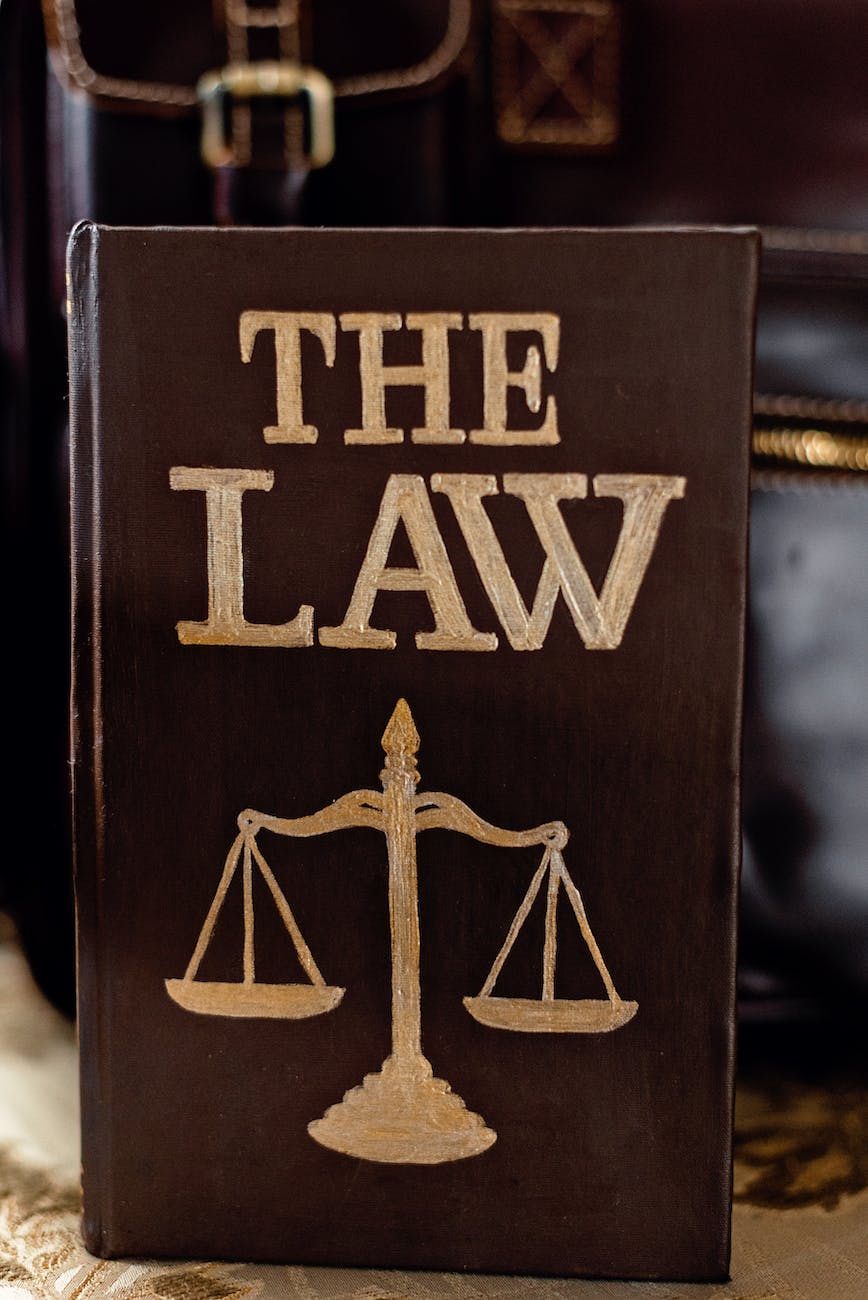Introduction

On Friday, June 2, Republican lawmakers Patrick McHenry, R-N.C., and Glen Thompson, R-Pa., introduced a discussion draft of long overdue legislation providing a statutory framework for digital asset regulation, attempting to provide greater clarity and consumer protection in the digital asset industry. The Draft focuses on digital asset market structure, providing more protection for consumers, and clarifying which U.S. Federal agencies have the authority to regulate which digital assets.
Currently, the U.S. Securities and Exchange Commission (SEC) claims jurisdictional authority over most aspects of the nascent industry by alleging many prominent cryptocurrencies are unregistered securities, and that therefore any centralized exchanges such as Coinbase and Binance are operating in the U.S. as unlicensed securities exchanges and clearinghouses. However, the Commodity Futures Trading Commission (CFTC) claims cryptocurrencies such as Bitcoin are not securities, but commodities which places them within its own jurisdictional purview, not the SEC’s. The draft bill attempts to address this schism once and for all.
The Essentials
- Provides the CFTC with jurisdiction over digital commodities
- Clarifies the SEC’s jurisdiction over digital assets offered as part of investment contracts
- Establishes a process to permit the secondary market trading of digital commodities, if such were initially offered as part of investment contracts
- Imposes robust consumer protections on all entities that must be registered with the SEC and CFTC
Clarifying the Security vs. Commodity Distinction
According to the Draft digital assets can be classified as digital commodities if certain conditions are met concerning network functionality and decentralization. The Draft also builds on the existing exemption regime for the offer and sale of digital assets pursuant to investment contracts, which includes disclosing the potential risks associated with such assets. Under this exemption for digital assets offered as part of investment contracts, or “digital-asset securities,” issuers would need to show that their digital assets operate on a decentralized network and meet certain fit-for-purpose disclosure requirements.
Along with definitions for “decentralized network” and “functional network,” the Draft includes a certification process under which a digital asset issuer can certify to the SEC that the network it uses is in fact decentralized. However, the SEC could object to those certifications if it determined they were inconsistent with the Draft, but would need to provide a detailed analysis of its lawful basis for doing so.
New Roles and Rules for the SEC and CFTC
The Draft grants the SEC regulatory authority over “digital-asset securities.” Whereas the CFTC would have spot market authority over crypto commodities according to existing law.
As to the SEC, the Draft would allow digital asset trading platforms such as the previously mentioned centralized exchanges and others to register with the agency as Alternative Trading Systems (ATS). Platforms would also be allowed to offer digital commodities and payment stablecoins, and the SEC would not be able to deny a platform an exemption to operate as an ATS because it trades digital assets.

Further, the draft would require the SEC to change its rules so that broker-dealers could take custody of digital assets, granted the broker-dealers meet certain regulations for digital assets. Finally, the Draft would also require the SEC to write rules to modernize regulations for digital assets.
Turning to the CFTC, the Draft would create a Digital Commodity Exchange (DCE) framework similar to existing exchange frameworks found in the Commodity Exchange Act (CEA) for Designated Contract Markets and Swap Execution Facilities. Registered DCEs would need to comply with certain requirements and traditional CEA core principles, along with CFTC regulations pertaining to monitoring of trading activity, prohibition of abusive trading practices, minimum capital requirements, public reporting of trading information, conflicts of interest, governance standards, and cybersecurity. DCEs would also need to register with a registered futures association and comply with their customer protection rules if the DCE directly services customers. Additionally, DCEs would need to certify with the CFTC that a given digital commodity is not susceptible to manipulation before being listed for trade, and the CFTC would consider a digital commodity’s availability structure, functionality, and any publicly available information.
Additionally, the Draft would create a framework for Digital Commodity Brokers (DCB) and Digital Commodity Dealers (DCD). DCBs and DCDs would be required to register with a registered futures association and meet prescriptive business conduct requirements related to minimum capital, fair dealing, risk disclosures, advertising limitations, conflicts of interest, recordkeeping and reporting, daily trading records, and employee fitness standards.
The Draft also adds to existing requirements placed on Futures Commission Merchants (FCMs) to protect customer assets. DCEs would need to segregate customer assets and hold them in digital commodity custodians, which would be subject to minimum standards for supervision and comprehensive regulation set by the CFTC. The Draft would also provide bankruptcy protections for customers when an FCM acts as a counterparty.
Coordination between the SEC and CFTC
While the Draft clarifies and provides new roles and frameworks for both agencies, it also proposes they coordinate and cooperate in a few key areas.
First, the Draft would allow an entity subject to the CFTC’s regulations to obtain multiple licenses with the CFTC, depending on the nature of the services it offers, with the exception that no exchange would be allowed to directly register as a dealer. However, certain entities would be able to register with both the FCTC and SEC to facilitate transactions in multiple types of digital assets.

Next, the Draft would establish the Strategic Hub for Innovation and Financial Technology (FinHub) at the SEC and LabCFTC at the CFTC, with these offices providing the agencies with information on the latest FinTech innovations. The offices would also provide a forum for collaboration between innovators and regulators as the two groups work to deepen their understanding of each other.
The Draft would also establish a joint SEC-CFTC advisory committee on Digital Assets. This committee would consist of 20 market participants who would provide advice on digital assets to both agencies.
Finally, the Draft would also require the Department of Commerce, in consultation with the White House Office of Science and Technology, the SEC, and the CFTC to conduct a study on non-fungible digital assets.
Transitioning from Previous Regs and Frameworks
Given the breadth of the proposed changes, the Draft provides a transition period wherein entities could come into temporary compliance with both the SEC and CFTC, while new rules are finalized. Existing digital assets would be eligible for a safe harbor where they would be permitted to trade until either the SEC or CFTC issues a notice to the trading entity that they are not digital commodities.
Final Thoughts
While the Draft promises to potentially bring much needed clarity to the digital asset industry in the U.S., it will most likely be modified significantly over the coming months. In the meantime, don’t let regulatory uncertainty bog down your business, consult with the lawyers here at Kelman PLLC.
Fill out our contact form here to set up a free 30-minute consultation.
Written by: Wyatt Noble and Michael Handelsman
